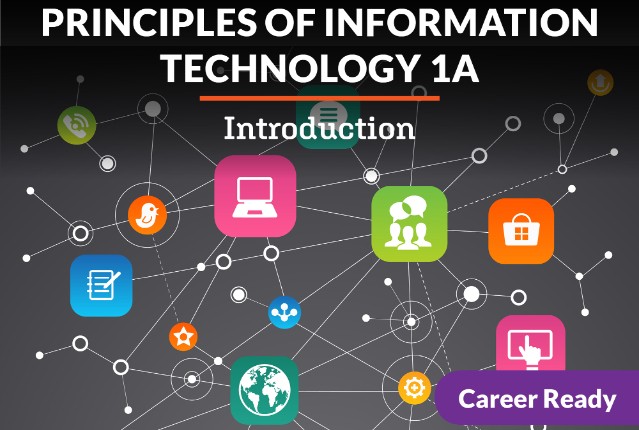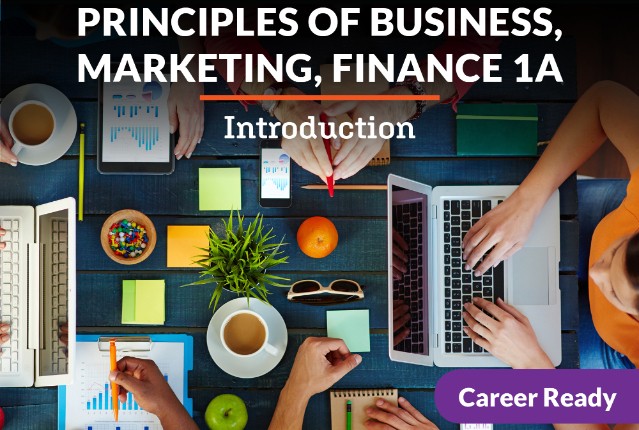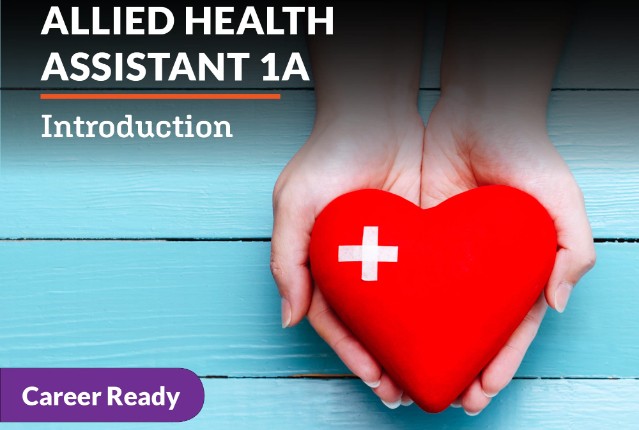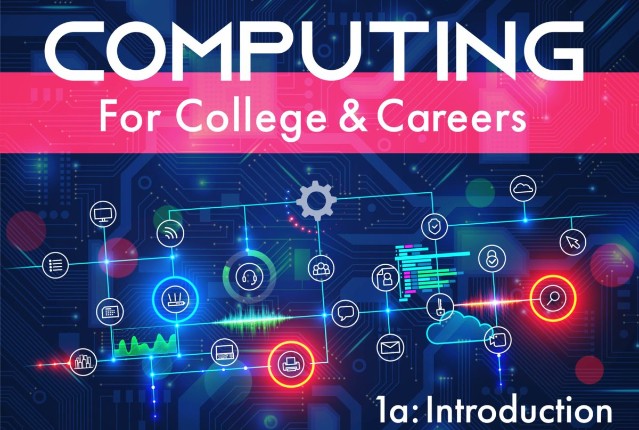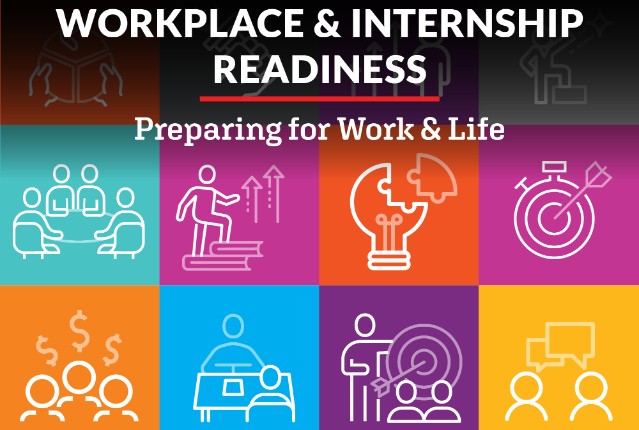
Workplace & Internship Readiness: Preparing for Work & Life
Starting your first “real” job can be intimidating. But when you know what to expect and learn how to be successful, you’ll feel confident about the hiring process and prepared to put yourself out there! Discover how to build a well-rounded set of employability and personal leadership skills that allow you to guide your own career. Learn how to communicate with others, take initiative, set goals, problem-solve, research different career options, and envision your own personal career path. Get ready to create a powerful launching pad that will help you blast off into a great first job experience!
Review course outlineAccess for a year
USD 299.00*
* Choose more courses to get a discount
